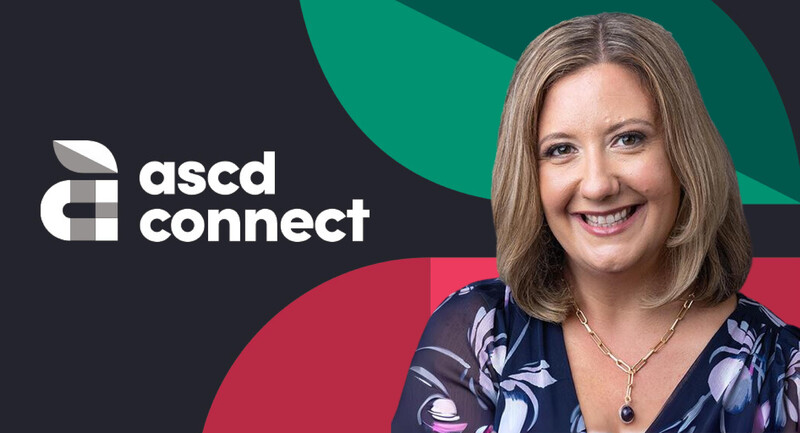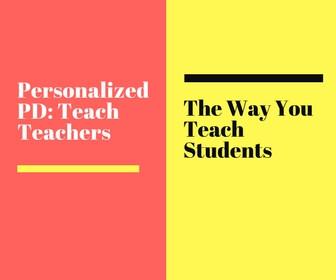Educator Allison Rodman’s first book, Personalized Professional Learning (2019), explored the critical question of how to make adult learning in schools more engaging and responsive to educators’ real needs for professional growth. While the book was well-received, some school leaders confessed to Rodman that they needed help in building the kind of organizational cultures that could support professional learning “that’s really powerful” in the ways she described.
That feedback, as Rodman says in a new episode of the ASCD podcast, was the spark that led her to write her latest book, Still Learning: Strengthening Professional and Organizational Capacity. In this book, Rodman focuses on how schools can be more intentional in supporting educators’ social-emotional needs and development to create professional cultures that are more collaborative and growth-oriented.
While schools have increasingly acknowledged the importance of social-emotional factors in student learning, Rodman says, they have tended to neglect intra- and inter-personal capacities in educator development and support systems. We want schools to embody more human-centered forms of teaching and learning, she says, “but unless we’re tending to the [social-emotional needs] of the adults in our system, we’re not serving them well.” This is especially true given the high levels of stress and frustration many educators are feeling today.
Unless we’re tending to the social-emotional needs of the adults in our system, we’re not serving them well.
Rodman highlights five “disciplines” for school leaders to focus on in cultivating educators’ social-emotional growth—attunement, alignment, perspective, collective efficacy, and organizational learning. (Her book includes integration guides and capacity-building plans for each of these areas.) This framework is designed to speak to educators’ individual needs, such as how they understand themselves in relation to their work and development, as well as to the “team dynamics that are incredibly important to our work together.”
Fostering both individual and collective social-emotional growth is critical for schools to become thriving learning organizations where educators feel they can grow and where they want to work, Rodman stresses. To avoid a “constant cycle of hiring and retraining,” school leaders need to attend more directly to the “components that educators need in order to feel fulfilled in the profession—to feel not just a sense of wellness but a sense of belonging and a desire to push forward, because we know that teaching and learning and leading is exhausting work.”
This also means ensuring that, amid the busyness and relentless demands of their work, educators have some time and space for reflection. There’s a double-entendre in her book’s title, Rodman notes, that’s meant to convey that we want educators to be “not only continuous learners for their students but also to be still learners.” They should be able, without guilt, “to sit in the moment to appreciate the value of pause and reflective practice. And model that in the same way they model many other skills for our students.”
Listen to the full episode:





